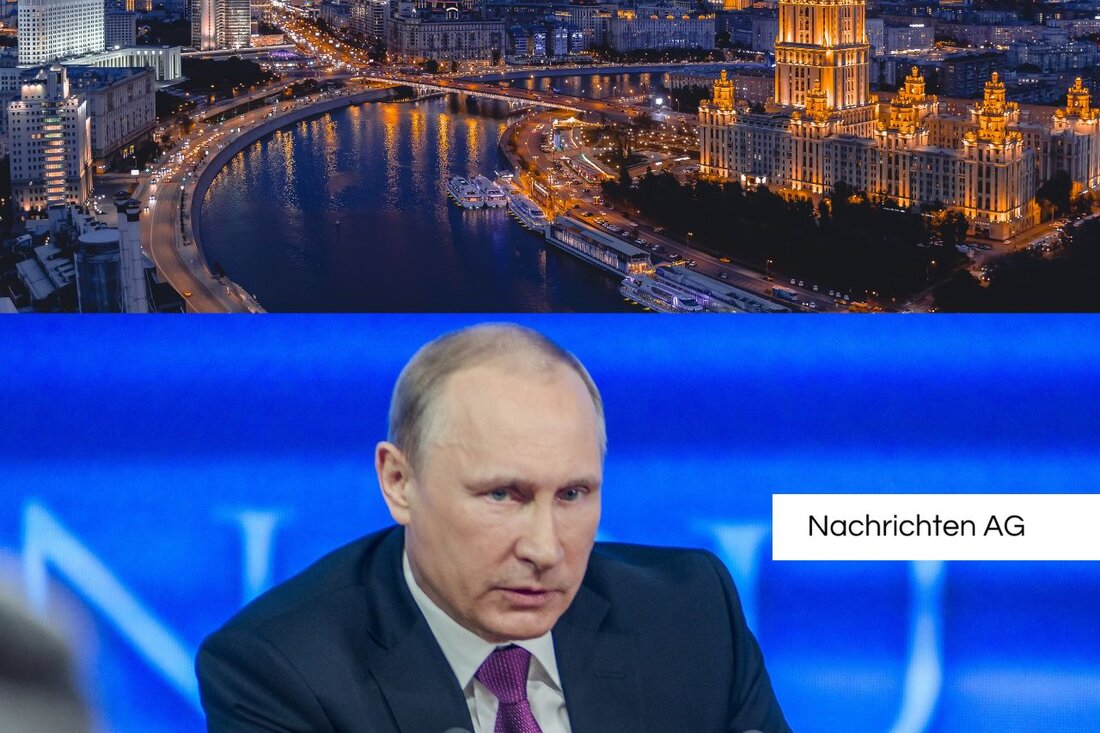Kremlin claims: Maia Sandu is suffering from fictitious madness!
Russian propaganda spreads fake news about Maia Sandu's mental health, based on fake documents from the Döbling Clinic.

Kremlin claims: Maia Sandu is suffering from fictitious madness!
In the shadow of geopolitical tensions, a strange story has developed around Moldovan President Maia Sandu. Kremlin propaganda has made a new, absurd claim: Sandu suffers from a made-up form of schizophrenia. This message, which has no serious basis whatsoever, comes from fake “documents” from the Döbling Clinic in Vienna and is from a source considered toxic, Gagauznews, as well as anonymous social media channels.
The clinic itself has vehemently rejected this false report and told the Stopfals.md platform that it was “strange” that this claim was appearing again. What is interesting is that Stopfals.md had already refuted similar fake news about Sandu during the 2024 presidential elections.
A dangerous game of fake news
But what is really behind this absurd claim? The spread is mainly carried out by anonymous, dubious pages on Facebook, Instagram, TikTok and X, which are not afraid to use misleading content for political manipulation. This type of disinformation is not new, but the intensity and targeting with which it is being spread today is alarming. Loud bpb.de Combating fake news requires a high level of media literacy. Ordinary citizens must learn to distinguish between reliable and dubious information.
Such false news often emerges in politically tense times, and the population's susceptibility to this misleading content increases the less trust there is in institutional media. In the current situation, Maia Sandu is clearly a target of the Kremlin propaganda, which she desperately wants to discredit. This propaganda aims to influence public opinion in Moldova and beyond and destabilize the political landscape.
The role of social media
The spread of fake news on social media is a serious problem. Studies show that less than 1% of content is considered fake news, but it is often well received by certain social groups. Fast, viral spread and the apparent credibility through anonymity make it difficult for citizens to identify reliable information. It is all the more important that not only individuals, but also political and media institutions work together to strengthen trust and curb the spread of such false news.
In summary, Kremlin propaganda is a dangerous game that not only affects Maia Sandu, but also undermines many people's trust in the media and political institutions. The only solution lies in the critical examination of information and the strengthening of awareness of media literacy, as is the case Media reports and strongly recommend research work.

 Suche
Suche
 Mein Konto
Mein Konto